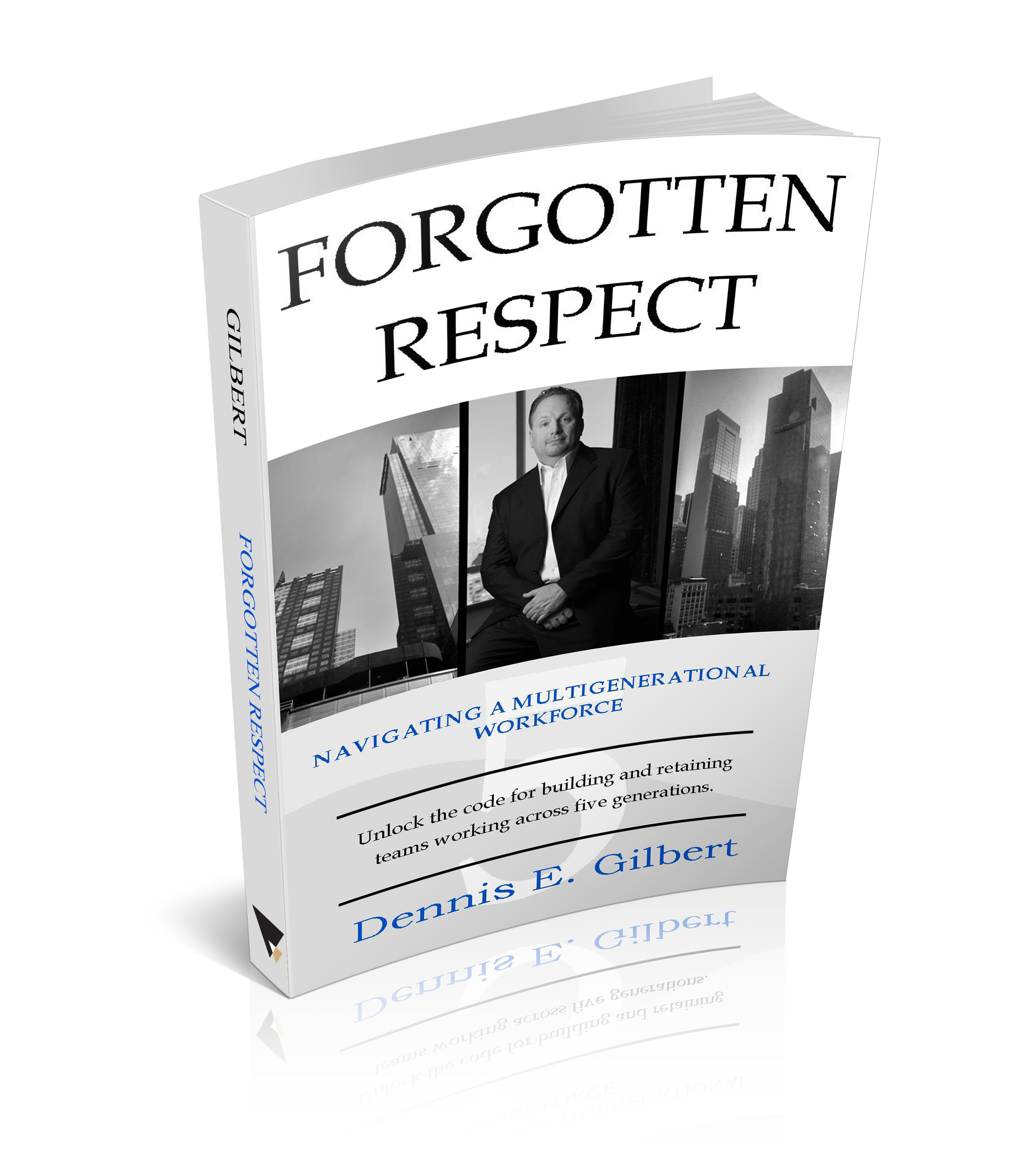
3 Reasons to Make Customer Service Better
Everyone is a critic. People are often critical about customer service when they are expecting to receive. What if everyone worked to make customer service better?
One of my professional speaking colleagues has a slogan, “Because we can!” Jeffrey Hayzlett, is a professional speaking rock star and I love his slogan.
While I believe the intent of Jeffrey’s slogan to be motivational and inspirational from the aspect of hard work, determination, and relentless pursuit, it might be applicable in other ways too.
Make Customer Service Better
Should our personal and professional interactions with other people have more customer service flair? Can we make customer service better? Sometimes I think so and other times I know so.
Here are three great reasons why we should:
- Fair. Sometimes it just seems like life isn’t fair. If we can help balance the scale, right the wrongs and turn things around why shouldn’t we? An even better question might be, why wouldn’t we? If there is a shortcoming, make it better. Make it fair.
- Generosity. Certainly the bottom line is important and any business transaction should be two-way, not just one. Can your offer be more generous? Will generosity cause more reciprocation? In a world that would benefit from improved customer service, I think being more generous is part of the process.
- Respect. It seems that recently there is a lot of chatter about respect. Respect across the generations, respect in political circles, and certainly respect to our customers. Time, value, and money they are all important and let’s not forget that we should deliver with the utmost respect.
Because We Can
In business, we often size up the competition to see what they are doing. We consider their offers, value, and price. Competition might drive us to do things because we feel that we have to.
What if we did it for a different reason? Imagine if we changed the philosophy.
Should we make customer service better?
I think yes, because we can!
– DEG
Dennis E. Gilbert is a business consultant, speaker (CSPTM), and corporate trainer that specializes in helping businesses and individuals accelerate their leadership, their team, and their success. He is a four-time author and some of his work includes, Forgotten Respect, Navigating A Multigenerational Workforce and Pivot and Accelerate, The Next Move Is Yours! Reach him through his website at Dennis-Gilbert.com or by calling +1 646.546.5553.















